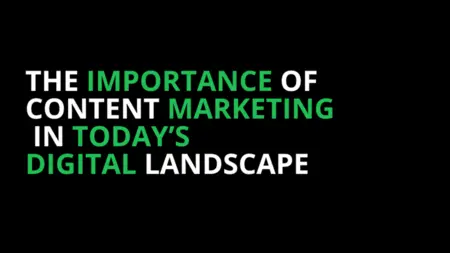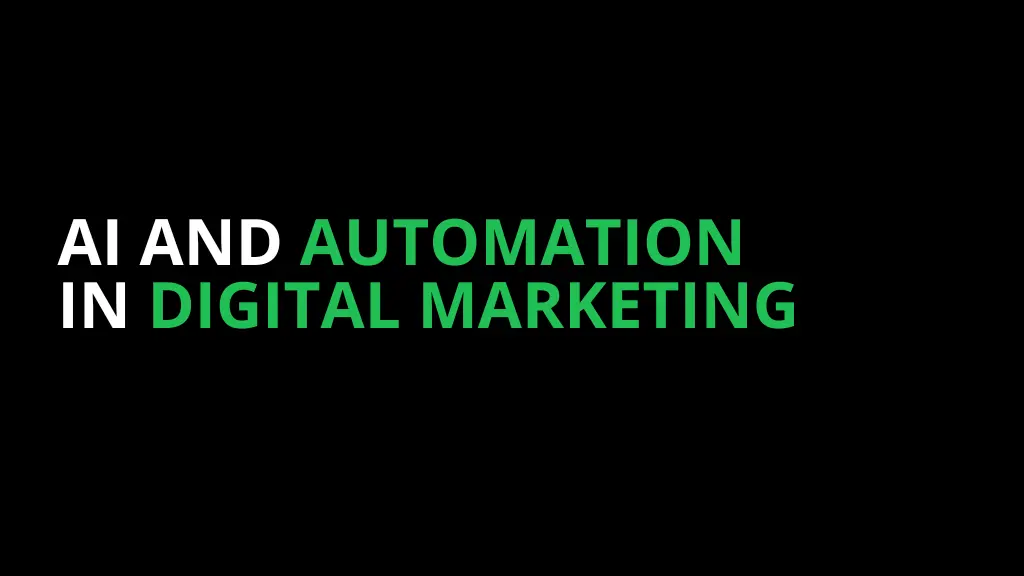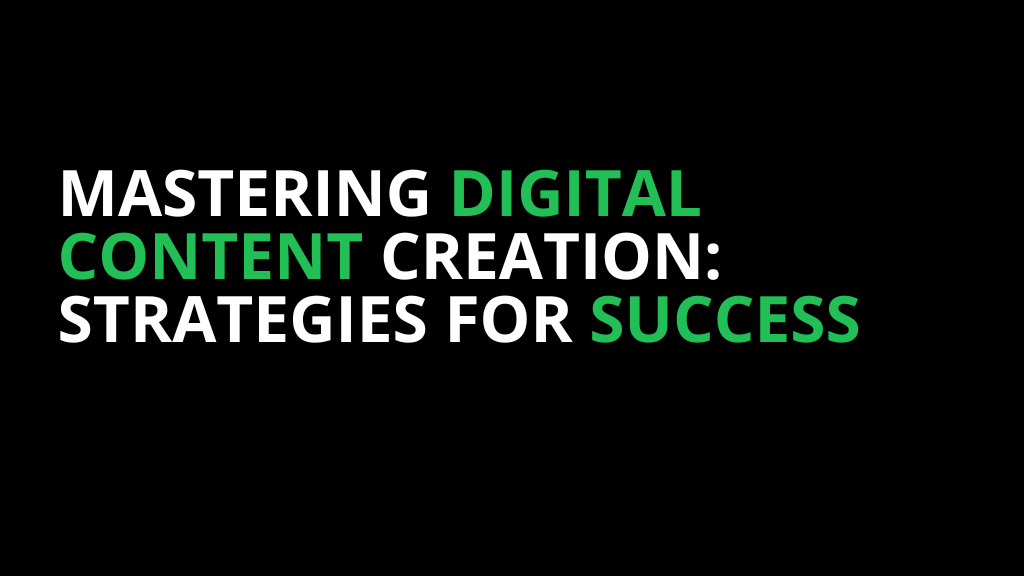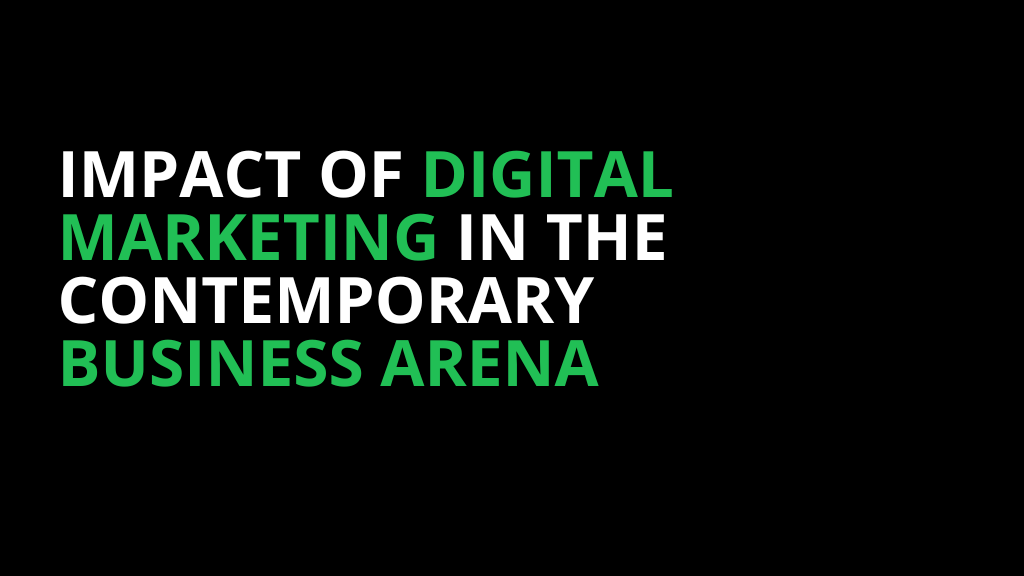What is the Single Campaign Method?
What is the Single Campaign Method? – A Guide by a Digital Marketer in Calicut In the fast-evolving landscape of digital marketing, streamlining advertising efforts is crucial for maximizing ROI. The Single Campaign Method has emerged as an effective strategy for optimizing ad performance by consolidating efforts into a unified campaign structure. This article explores the Single Campaign Method in detail, shedding light on its advantages, implementation process, and how it benefits businesses. As a digital marketer in Calicut, I have witnessed firsthand how this method can significantly enhance the performance of online marketing campaigns. What is the Single Campaign Method? The Single Campaign Method involves running a single, highly targeted advertising campaign rather than setting up multiple fragmented campaigns. This strategy focuses on centralizing budget allocation, audience targeting, and ad delivery under one umbrella to maximize efficiency and control. Instead of dispersing efforts across multiple campaigns, the Single Campaign Method leverages data consolidation to refine targeting and improve overall performance. By gathering more accurate insights from a single campaign, marketers can adjust strategies in real-time to enhance engagement and conversion rates. Why the Single Campaign Method Works The success of the Single Campaign Method lies in its ability to simplify and centralize marketing efforts, leading to better insights and more effective budget allocation. The key benefits include: Improved Data Accuracy: Centralized data collection enables more precise audience segmentation and performance analysis. Enhanced Budget Control: Allocating funds to a single campaign ensures more effective cost management. Better Audience Targeting: A single campaign allows for refined targeting based on audience behavior and engagement metrics. Streamlined A/B Testing: Testing different ad creatives, formats, and copy becomes easier under one campaign structure. How to Implement the Single Campaign Method Implementing the Single Campaign Method involves careful planning and execution. Here’s a step-by-step process to apply this strategy effectively: 1. Define Campaign Objectives Set clear, measurable goals, such as increasing website traffic, generating leads, or boosting conversions. Ensure that the campaign objective aligns with overall business goals. 2. Audience Segmentation Use advanced audience targeting techniques to define the ideal customer profile. Factors to consider include: Demographics (age, gender, location) Behavior (website visits, social media engagement) Interests and preferences 3. Create High-Quality Ad Content Develop engaging and visually appealing ad content that resonates with the target audience. Include a compelling call-to-action (CTA) and ensure the content aligns with the campaign goal. 4. Optimize Budget Allocation Allocate the budget strategically based on audience response and campaign performance. Monitor key performance indicators (KPIs) and adjust the budget as needed. 5. Monitor and Adjust Continuously analyze campaign performance and make data-driven adjustments to improve results. Focus on: Click-through rate (CTR) Conversion rate Cost per acquisition (CPA) Case Study: Successful Application by a Digital Marketer in Calicut As a digital marketer in Calicut, I applied the Single Campaign Method for a local business looking to improve lead generation. After consolidating multiple fragmented campaigns into one targeted strategy, the business experienced: 45% increase in lead generation 30% reduction in cost per lead 25% improvement in conversion rates The key to success was refining audience targeting and continuously optimizing ad performance based on real-time data. Challenges and How to Overcome Them Despite its advantages, the Single Campaign Method presents some challenges: Audience Overlap: Careful segmentation is necessary to prevent targeting the same audience multiple times. Budget Misallocation: Constant monitoring and adjusting are essential to ensure funds are directed toward high-performing ads. Ad Fatigue: Rotating ad creatives and refreshing content helps to maintain audience engagement. Best Practices for the Single Campaign Method To maximize the effectiveness of the Single Campaign Method, follow these best practices:✅ Use dynamic content to maintain engagement.✅ Leverage automation tools for real-time performance adjustments.✅ Test different ad formats and placements to identify what works best.✅ Ensure consistent messaging across all platforms and touchpoints. External and Internal Resources For more advanced digital marketing techniques, visit Google Ads Help. Learn more about effective campaign management strategies on HubSpot. Explore more insights from a digital marketer in Calicut on akhilthattari.com. Conclusion The Single Campaign Method is a powerful approach for improving the efficiency and effectiveness of digital marketing campaigns. By centralizing audience targeting, budget allocation, and performance tracking, businesses can achieve higher ROI and better overall results. As a seasoned digital marketer in Calicut, I highly recommend adopting this method to enhance your digital strategy and drive consistent growth.










